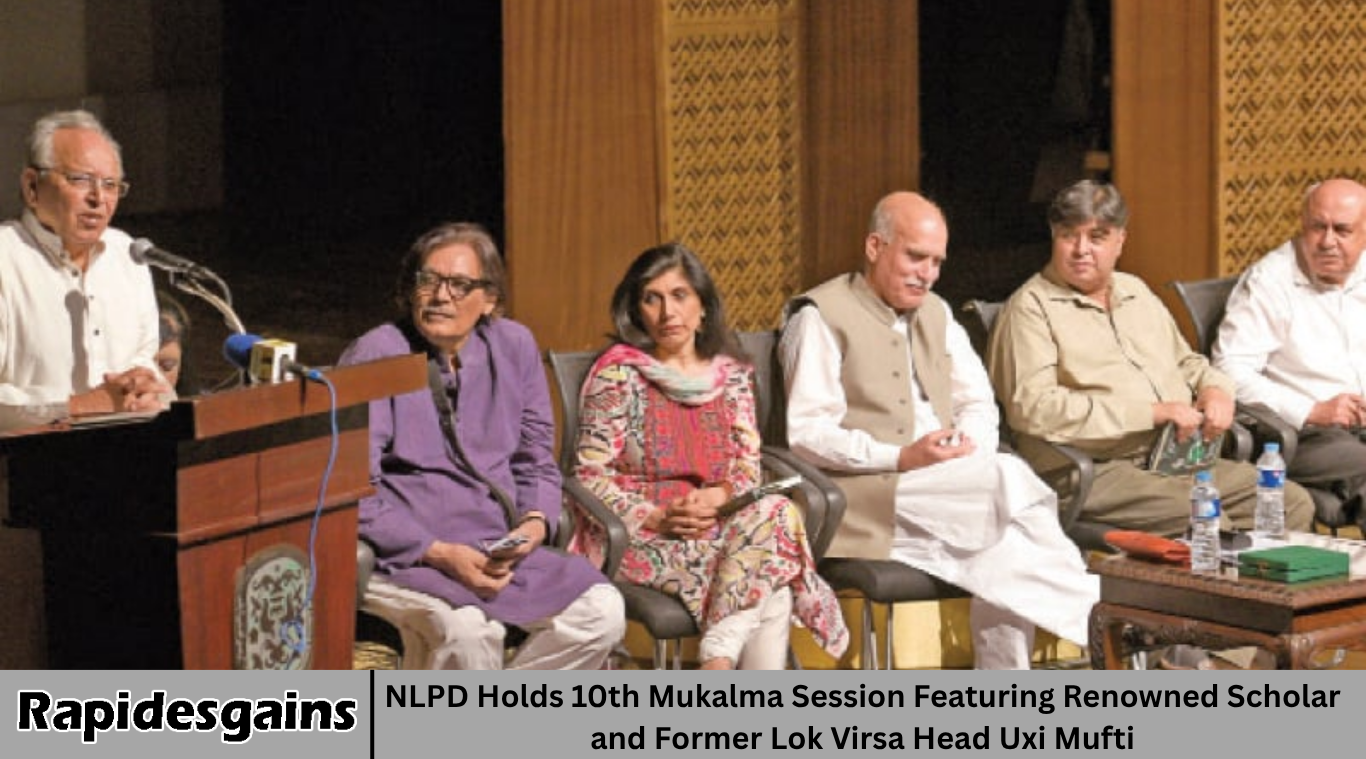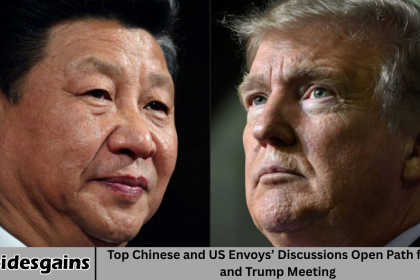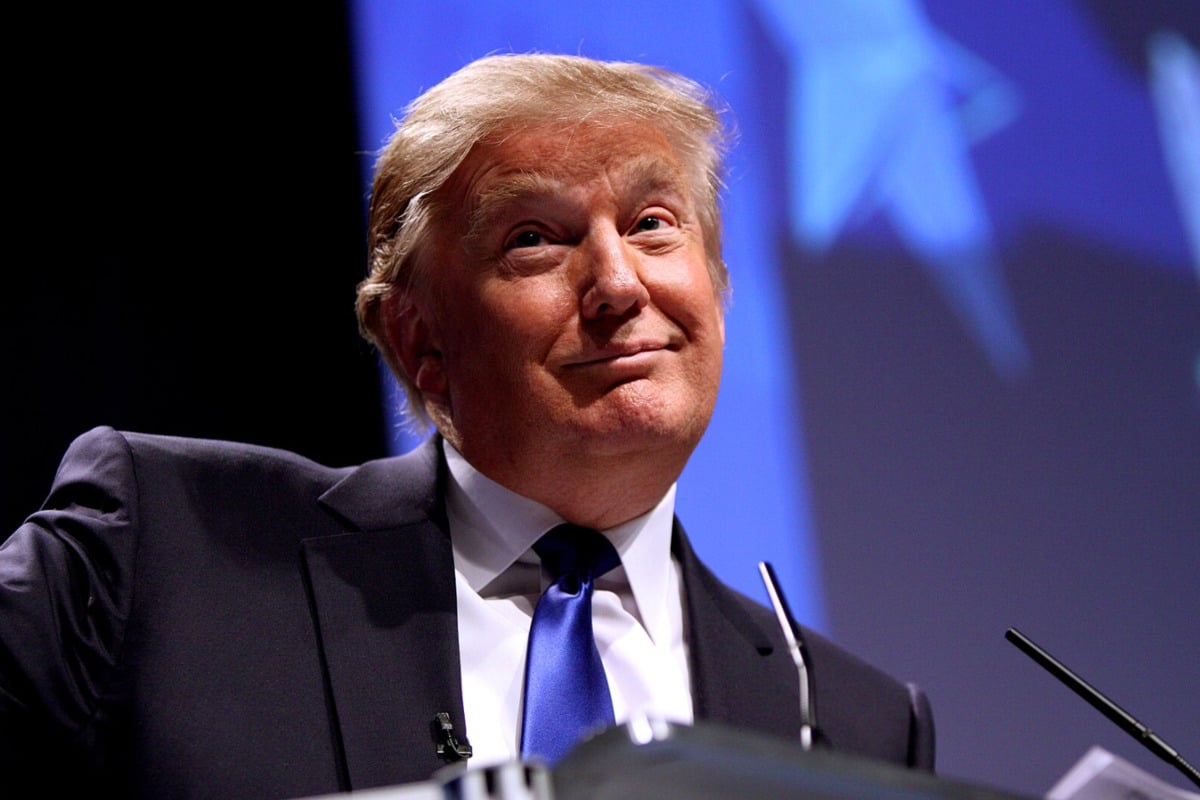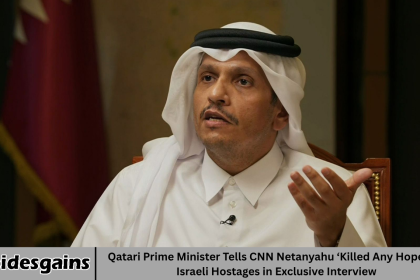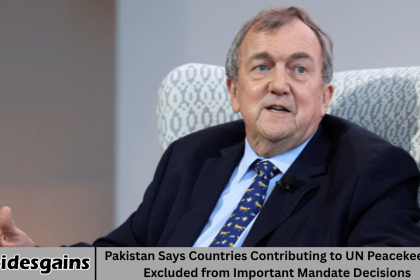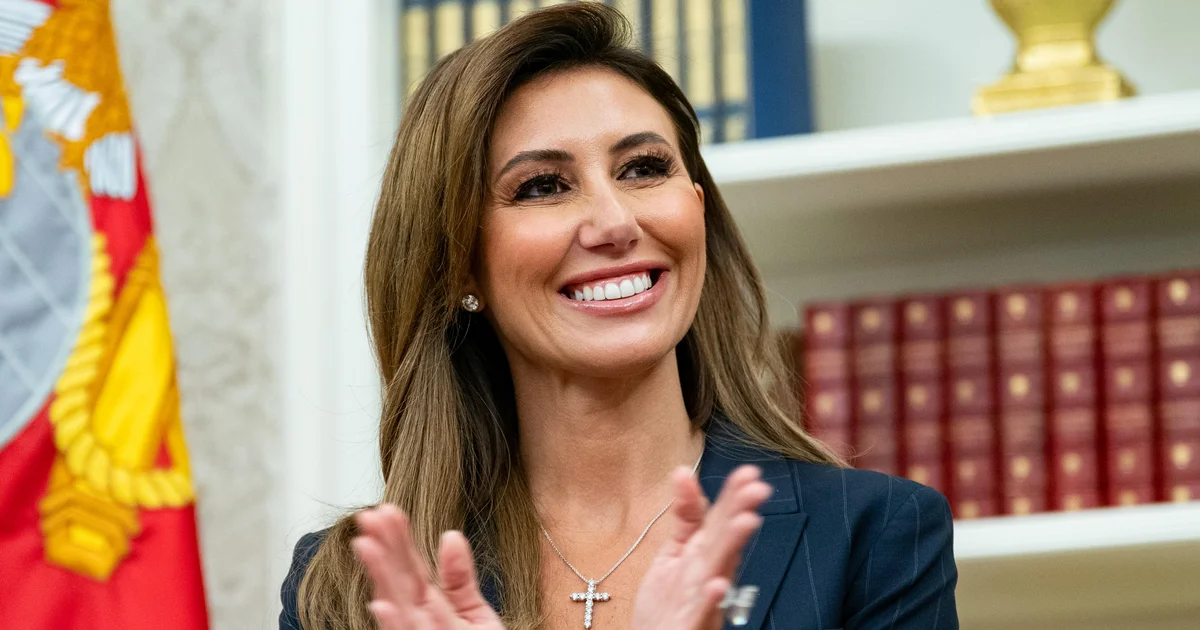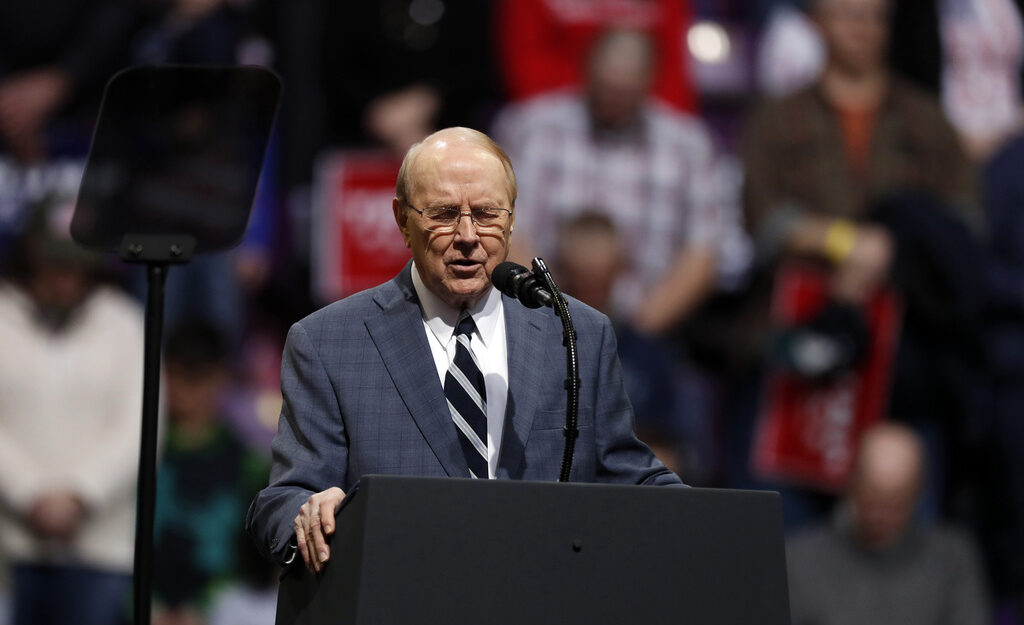The National Language Promotion Department (NLPD) recently held the 10th session of its popular Mukalma series. This session was special because it featured the renowned scholar and former head of Lok Virsa, Uxi Mufti.
The Mukalma sessions are designed to promote cultural and linguistic heritage through engaging discussions and expert insights. This article explores the details of this important event, the role of Uxi Mufti, and the significance of the Mukalma series in preserving Pakistan’s rich cultural traditions.
About the NLPD and Mukalma Series
The National Language Promotion Department is a government organization dedicated to promoting Urdu and other regional languages in Pakistan. It focuses on preserving the country’s linguistic heritage and encouraging its use in education, media, and daily life.
The Mukalma series is a key initiative by the NLPD. It is a platform where scholars, writers, artists, and cultural experts come together to discuss topics related to language, literature, history, and culture. These sessions are open to the public and aim to raise awareness about the importance of Pakistan’s diverse cultural identity.
The Significance of the 10th Mukalma Session
Reaching the 10th session is a milestone for the Mukalma series. It reflects the growing interest in cultural discussions and the success of NLPD’s efforts. This particular session was especially notable because of the presence of Uxi Mufti, a respected scholar and cultural expert who has made significant contributions to Pakistan’s heritage.
The event provided a unique opportunity for attendees to hear from someone with deep knowledge and experience in the field of culture and history. It also highlighted the importance of continued dialogue in preserving cultural traditions.
Who is Uxi Mufti?
Uxi Mufti is a renowned scholar and former head of Lok Virsa, Pakistan’s National Institute of Folk and Traditional Heritage. Lok Virsa plays a crucial role in preserving and promoting the country’s folk culture, arts, and traditions.
Mufti has dedicated much of his life to studying and documenting Pakistan’s cultural heritage. His work has helped bring attention to the diversity and richness of the nation’s traditions. His leadership at Lok Virsa was marked by efforts to make culture more accessible to the public and to protect traditional art forms.
Key Topics Discussed in the Session
During the 10th Mukalma session, Uxi Mufti spoke about several important topics related to Pakistan’s cultural heritage. He emphasized the value of preserving folk traditions in the face of modernization and globalization. Mufti also discussed the role of education and public awareness in keeping cultural practices alive.
The session covered the challenges faced by traditional artists and communities, including the need for government support and recognition. Mufti encouraged young people to take an interest in their cultural roots and to participate in cultural preservation efforts.
The Role of Mukalma in Cultural Preservation
The Mukalma series serves as a vital platform for promoting dialogue on cultural and linguistic issues. By bringing experts like Uxi Mufti to the forefront, it helps educate the public and policymakers about the importance of preserving Pakistan’s heritage.
These discussions also encourage collaboration between different cultural organizations and communities. This cooperation is essential to creating a sustainable approach to cultural preservation.
Impact on the Community and Cultural Awareness
Events like the 10th Mukalma session contribute significantly to raising cultural awareness among the public. They provide a space for people to learn about their history, language, and traditions in an engaging way.
By involving scholars and experts, the sessions help build a sense of pride and identity. This can inspire individuals and communities to actively participate in cultural activities and support preservation initiatives.
Future Plans for Mukalma Series and NLPD
The success of the 10th session has motivated the NLPD to continue and expand the Mukalma series. Plans include inviting more diverse speakers, covering a wider range of cultural topics, and increasing public participation.
The NLPD aims to make these sessions more accessible through digital platforms, allowing people from across the country and abroad to benefit from these discussions.
Frequently Asked Questions
What is the National Language Promotion Department (NLPD)?
The NLPD is a government organization focused on promoting Urdu and regional languages in Pakistan to preserve the country’s linguistic heritage.
What is the Mukalma series?
Mukalma is a series of cultural discussion sessions organized by the NLPD to promote language, literature, history, and culture through expert talks and public engagement.
Who is Uxi Mufti?
Uxi Mufti is a respected scholar and former head of Lok Virsa, known for his work in preserving Pakistan’s folk and traditional heritage.
Why was the 10th Mukalma session important?
It marked a milestone for the series and featured Uxi Mufti, providing valuable insights into cultural preservation and raising public awareness.
How does Mukalma contribute to cultural preservation?
By creating a platform for dialogue and education, Mukalma helps inform the public and policymakers about the importance of protecting cultural traditions.
What topics were discussed in the 10th Mukalma session?
The session covered challenges faced by traditional artists, the impact of modernization, and the role of education in cultural preservation.
What are the future plans for the Mukalma series?
The NLPD plans to expand the series with more speakers, diverse topics, and increased accessibility through digital platforms.
Conclusion
The 10th Mukalma session hosted by the NLPD and featuring Uxi Mufti was a significant event for cultural promotion in Pakistan. It highlighted the importance of preserving the country’s rich cultural heritage through dialogue, education, and community engagement. The Mukalma series continues to play a vital role in raising awareness and inspiring action to protect and celebrate Pakistan’s diverse traditions.

